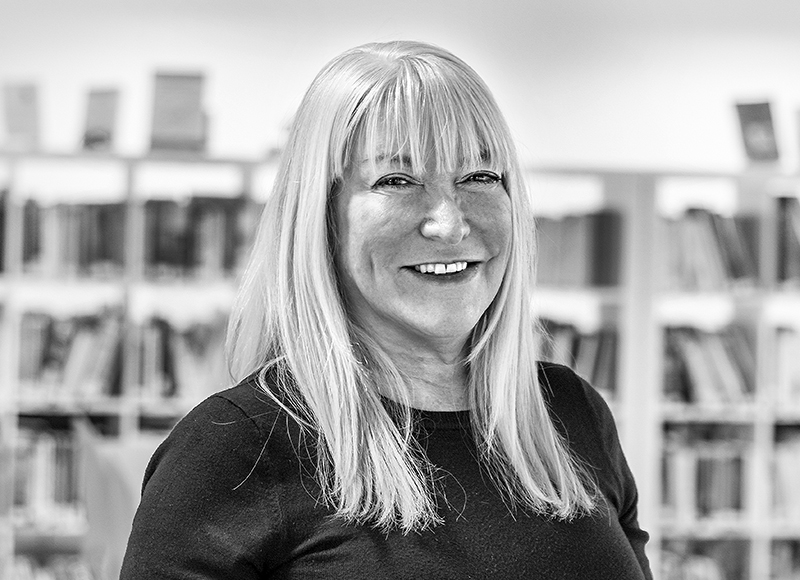Blog:
Innovation in extreme times
How can well-targeted innovation can help to improve the ways we respond to this crisis...... →
For general enquiries please contact us on
+44 1223 248888
enquiries2025@innoviatech.com
St Andrew's House, St Andrew's Road
Cambridge CB4 1DL United Kingdom
FIND US
What factors determine whether an event leads to long-lasting changes in behaviour and attitudes?...
15th April 2020
Some early thoughts…
The COVID-19 emergency has resulted in enormous changes to the way we live and work. Last week I received this thoughtful email from an associate.
“Many clients are also looking at how far they may need to shift their thinking/approach to building their brands and organisations given the changes that this pandemic may bring. I’d love to know if you have a view about whether crisis points are a more profound trigger for lasting change in people’s attitudes and behaviours, or whether, typically, people’s behaviours revert after the crisis has passed”.
Here was my response.
Crisis points are obviously important potential triggers to change because they are salient events to which we have both a rational and emotional response. This differs from planned changes where people set goals and have to be motivated and determined enough to make the change happen. However, in this instance change is being forced on people unexpectedly. There are several factors that will determine whether or not this is likely to lead to long-lasting changes in behaviour and attitudes:
1. Prior beliefs and behaviours.
2. The length of time it will take to build up a new habit.
3. What people believe other people are thinking and doing.
4. Beliefs about consequences.
5. The development of new knowledge and capabilities.
I’ll comment briefly on each.
1. Prior beliefs and behaviours. Some people respond to change by merely entrenching their existing beliefs. The more strongly people have a fixed view the less likely they are to want to change it. We have seen this play out in various ways already – the CEO of Wetherspoon claimed that there was very little transmission of COVID-19 in pubs (!) and members of the public proclaimed that they won’t let COVID-19 change their way of doing things. Other people are more flexible and will revise their beliefs and behaviours. So, don’t assume that everyone will want to behave differently after this is over –- this may be what is being discussed in the media but some people will not change.
2. The time it takes to build a new habit. If the pandemic continues for a long time, we have more time to build up new habits – many more people are beginning to learn what it means to work from home. They may be missing the social interaction they once had but it will not be possible in future to argue that it is impossible to work more flexibly away from the office. For some people, this will have become a habit. The same is true for internet shopping – many more people will be purchasing items online that they previously felt impelled to buy in-store. If the on-line experience is good, they will be likely to do it again. This will make the importance of online branding even more critical. Coincidentally, I wrote about this years ago – its time has come around again! (Rubinstein, H & Griffiths C (2001) Branding Matters More on the Internet, Journal of Brand Management, 8:394-404).
3. What we think other people think and do. This is basic social influence. We like to do the same things other people do (or we think they do). Therefore, if a lot of people we know now think it is important to do more for the community, we are also likely to think that we should do more for the community. We may see groups where there is significant behaviour change emerging.
4. Beliefs about consequences. Not everyone is being impacted by this emergency to the same extent. Those people who are financially resilient (for example, those who have a well-paid, secure job, or have significant savings) may feel they can weather the storm and will emerge relatively unscathed. They may regard this as a temporary change in behaviour and subsequently revert back, or they may stick with aspects of change that that they most prefer. People who are less resilient may have little choice other than to make major changes to their lives.
5. The development of new knowledge and capabilities. This relates to the second point. People may find they have learned new skills as a result of having to adapt to the emergency and that they then want to continue to use them in more normal times. For example, as a result of initial food shortages people may return to simpler cooking styles or be craving comfort activities.
No doubt we will find out if any of these predictions come true, but I would be fascinated to know what others think. Please comment or get in touch or share on LinkedIn.

I am a consultant with a background in social psychology who leads the behavioural science team. Before coming to Innovia, I managed the international brand consultancy at Leo Burnett Advertising and led the corporate reputation team at Brunswick Group. My PhD concerned how we think about ageing, and I have lectured at the University of Cambridge on this topic. The link between these disparate activities is trying to understand people: why they do what they do when they have said they will do something completely different? And what is it that influences their behaviour? When I am not thinking about human behaviour, I can be found dancing or riding horses – altogether simpler and lot less stressful!